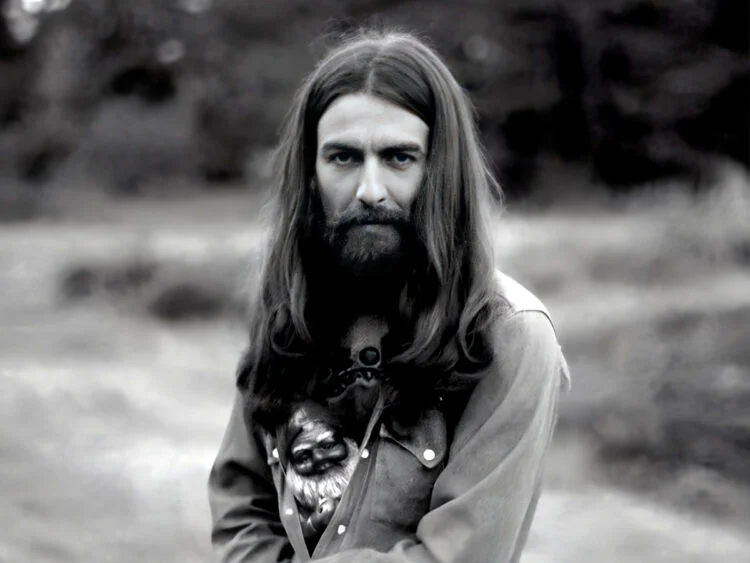Melodic Soul Meets Orchestral Firepower: How George Harrison’s Subtle Genius Elevated The Beatles and Transcended Rock Music
George Harrison, often dubbed the “quiet Beatle,” was anything but quiet in terms of his musical influence. His unique blend of melodic sensibility, spiritual introspection, and understated brilliance shaped the sonic landscape of The Beatles and left an indelible mark on rock history. While John Lennon and Paul McCartney dominated headlines and songwriting credits in the early years, it was Harrison who injected a deeply personal, almost mystical quality into the band’s music—transforming it from pop phenomenon to artistic revolution.
Harrison’s guitar style was never about flamboyance or flashy solos. Instead, he mastered the art of making each note matter. Songs like “Something” showcased his ability to express complex emotion with simplicity and grace. Frank Sinatra once famously called it “the greatest love song of the past 50 years”—a testament to Harrison’s capacity to connect with listeners at a deep, human level. And in “While My Guitar Gently Weeps,” his collaboration with Eric Clapton revealed his powerful sense of melodic drama, wrapping raw emotion in layers of orchestral beauty and blues-inspired guitar.
Beyond his work with The Beatles, Harrison’s solo career continued to reflect his spiritual journey and musical ambition. All Things Must Pass, his triple-album masterpiece, combined Phil Spector’s “Wall of Sound” production with introspective songwriting and majestic arrangements. Tracks like “My Sweet Lord” and “Isn’t It a Pity” blended devotional sincerity with rock and orchestral textures, creating a new model for spiritually infused popular music.
What made Harrison stand out was his refusal to chase the spotlight. His humility allowed the music to breathe. He was more interested in serving the song than showcasing his skill. And yet, his contributions were often the final, essential ingredient that gave Beatles classics their lasting magic—whether it was the exotic sitar lines in “Norwegian Wood” or the luminous slide guitar that would become a hallmark of his solo sound.
In the years since his passing, George Harrison’s legacy has only grown. Modern guitarists admire his fluid phrasing and emotional restraint. Songwriters look to him as a beacon of authenticity and soul. In blending melodic soul with orchestral firepower, Harrison proved that quiet voices often carry the deepest truths—and that in music, as in life, grace can speak louder than noise.
